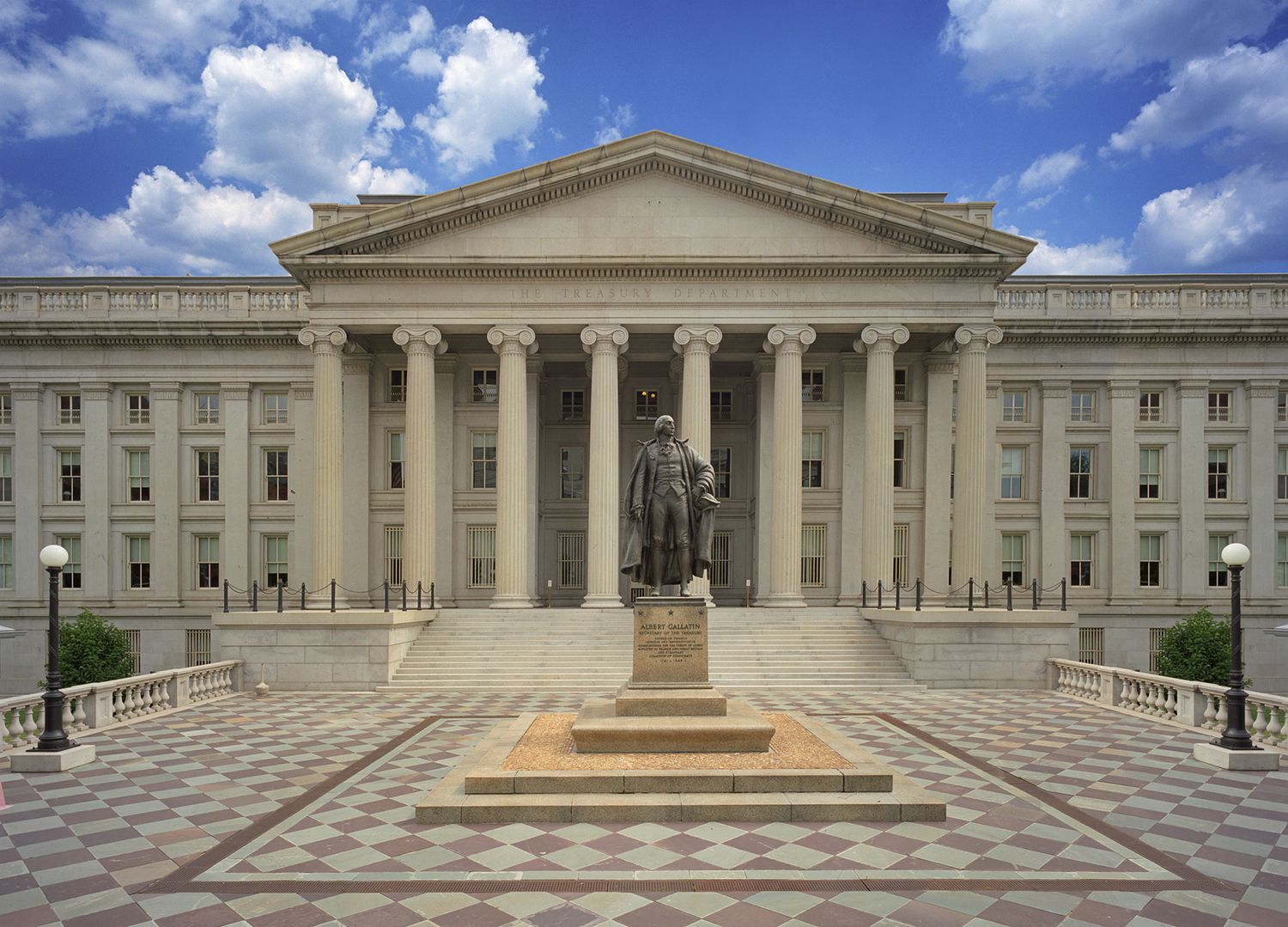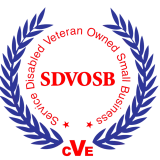Financial Enforcement
We have developed enduring knowledge of the Department of Treasury’s Financial Crimes Enforcement Network (FinCEN) authorities in Federal and State Regulations, Bank Secrecy Act (BSA), Anti-Money Laundering (AML) Compliance and Monitoring.
These five regulatory compliance requirements, if ignored, considerable potential financial consequences:


Federal and State Regulation
Preserving regulatory compliance is a priority for us, more importantly, for financial services institutions. We understand the requirements necessary to adhere to state, federal, and international laws and regulations relevant to their operations and rules within finance and the capital markets ecosystem.
Bank Secrecy Act (BSA)
We utilize financial data exploitation tools in identifying, tracking, tracing money laundering and terrorist-financing networks in order to support civil and criminal AML and Countering the Financing of Terrorism investigations.
AML Compliance and Monitoring
AML compliance monitoring and detection are a must-have for financial institutions in order to identify illicit activity, such as money laundering. Failure to have an effective AML compliance program has seen financial intelligence units hand out record fines in the multiples of millions of dollars against organizations.
The USA Patriot Act, or the “Uniting and Strengthening America by Providing Appropriate Tools Required to Intercept and Obstruct Terrorism Act,” was passed by the United States Congress in response to the terrorist attacks of September 11, 2001. The act grants law enforcement agencies more extraordinary powers to investigate and prevent acts of terrorism, including the ability to conduct surveillance and gather intelligence, monitor financial transactions, and detain and deport individuals suspected of terrorist activities. The Patriot Act also includes provisions to enhance national security, such as increased funding for border security and measures to improve information sharing between intelligence agencies. The act has been controversial and criticized by civil liberties advocates who argue that its provisions infringe on individual rights and privacy.
The CCAR is an annual exercise conducted by the Federal Reserve to evaluate the capital adequacy and overall financial strength of the largest banks in the United States. The review assesses a bank’s ability to weather severe economic stress, such as a recession or financial crisis, by evaluating its capital planning processes, risk management practices, and ability to maintain adequate levels of capital under adverse conditions.
The CFPB is a U.S. government agency established in 2010 to protect consumers from abusive and deceptive financial practices. The bureau has the authority to regulate various financial products and services, including mortgages, credit cards, student loans, and payday loans. Its responsibilities include enforcing consumer protection laws, promoting financial education and literacy, and monitoring financial markets to identify and address emerging consumer risks.
FINRA is a non-governmental organization authorized by Congress to regulate the activities of securities firms operating in the United States. The organization oversees the conduct of registered brokers and broker-dealers, enforces securities laws and regulations, and protects investors by promoting fair and transparent markets. FINRA also provides education and training to financial professionals and investors and maintains a database of information on registered securities firms and their personnel.
The OCC is a U.S. government agency responsible for regulating and supervising national banks and federal savings associations. The agency is charged with ensuring the safety and soundness of the nation’s banking system by setting standards for risk management, conducting regular examinations of banks’ financial health, and enforcing compliance with banking laws and regulations. The OCC also works to promote fair access to financial services and prevent discrimination in banking services.

The USA Patriot Act, or the “Uniting and Strengthening America by Providing Appropriate Tools Required to Intercept and Obstruct Terrorism Act,” was passed by the United States Congress in response to the terrorist attacks of September 11, 2001. The act grants law enforcement agencies more extraordinary powers to investigate and prevent acts of terrorism, including the ability to conduct surveillance and gather intelligence, monitor financial transactions, and detain and deport individuals suspected of terrorist activities. The Patriot Act also includes provisions to enhance national security, such as increased funding for border security and measures to improve information sharing between intelligence agencies. The act has been controversial and criticized by civil liberties advocates who argue that its provisions infringe on individual rights and privacy.
The CCAR is an annual exercise conducted by the Federal Reserve to evaluate the capital adequacy and overall financial strength of the largest banks in the United States. The review assesses a bank’s ability to weather severe economic stress, such as a recession or financial crisis, by evaluating its capital planning processes, risk management practices, and ability to maintain adequate levels of capital under adverse conditions.
The CFPB is a U.S. government agency established in 2010 to protect consumers from abusive and deceptive financial practices. The bureau has the authority to regulate various financial products and services, including mortgages, credit cards, student loans, and payday loans. Its responsibilities include enforcing consumer protection laws, promoting financial education and literacy, and monitoring financial markets to identify and address emerging consumer risks.
FINRA is a non-governmental organization authorized by Congress to regulate the activities of securities firms operating in the United States. The organization oversees the conduct of registered brokers and broker-dealers, enforces securities laws and regulations, and protects investors by promoting fair and transparent markets. FINRA also provides education and training to financial professionals and investors and maintains a database of information on registered securities firms and their personnel.
The OCC is a U.S. government agency responsible for regulating and supervising national banks and federal savings associations. The agency is charged with ensuring the safety and soundness of the nation’s banking system by setting standards for risk management, conducting regular examinations of banks’ financial health, and enforcing compliance with banking laws and regulations. The OCC also works to promote fair access to financial services and prevent discrimination in banking services.





